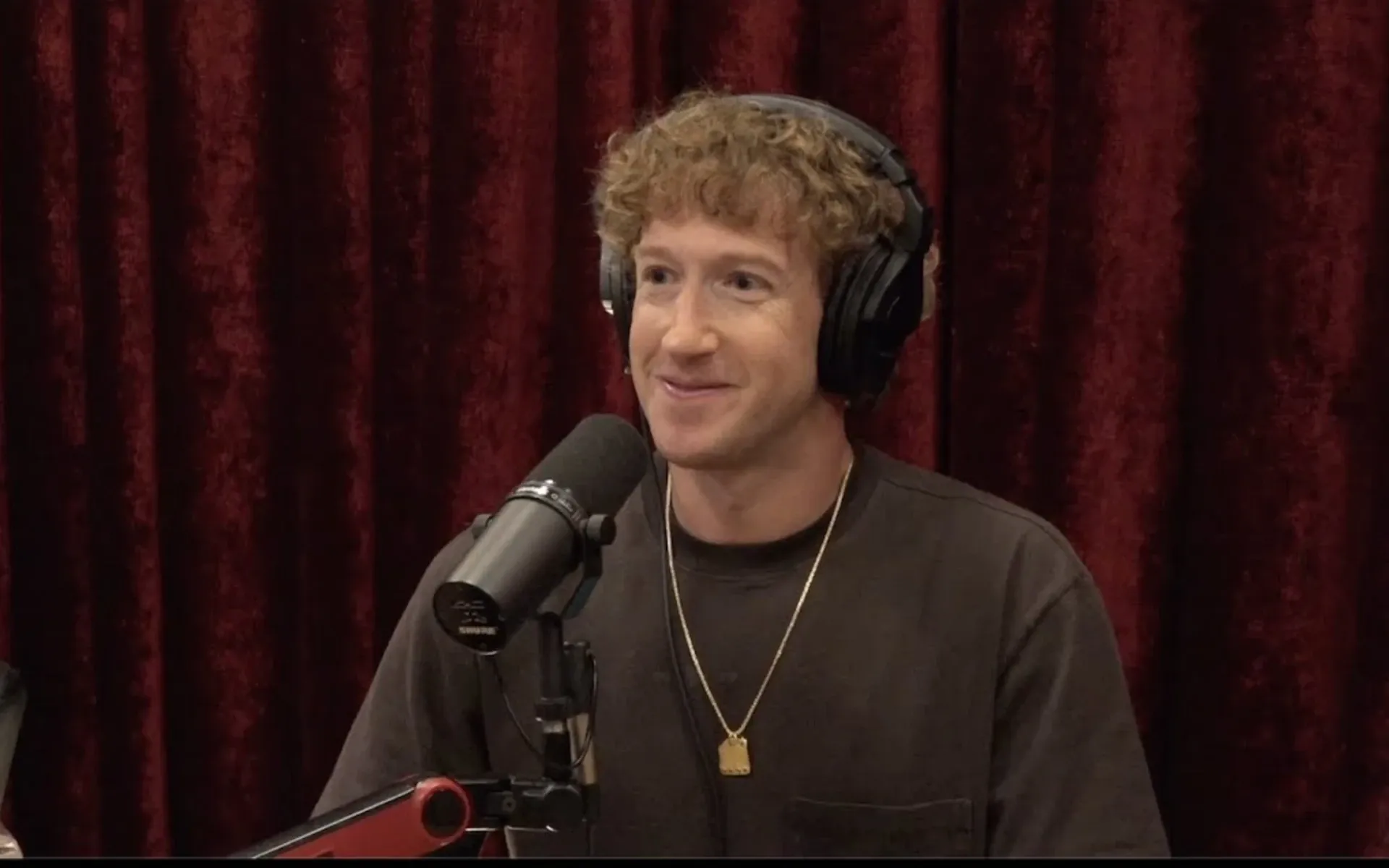Meta CEO reveals government pressure behind years of content suppression
Mark Zuckerberg details how Biden administration officials demanded removal of truthful content about vaccine side effects.

In a revealing January 2025 interview, Meta CEO Mark Zuckerberg disclosed how government officials pressured his company to suppress legitimate information during critical periods, leading to Meta's recent overhaul of its content moderation policies.
According to Zuckerberg, Biden administration officials demanded Meta remove factually accurate content about COVID-19 vaccine side effects, with some officials resorting to hostile tactics. "People from the Biden Administration would call up our team and scream at them and curse," Zuckerberg stated, referencing documents released through Congressional investigations led by Rep. Jim Jordan.
The pressure campaign intensified after Meta refused to comply with certain takedown requests. President Biden publicly suggested Meta was "killing people," Zuckerberg recalled. Following this statement, multiple federal agencies launched investigations into the company, including probes by the Consumer Financial Protection Bureau, which Zuckerberg noted has limited relevance to social media operations.
Meta's experience with government pressure began earlier, following the 2016 presidential election. Zuckerberg acknowledged that he initially "gave too much deference to a lot of folks in the media" regarding concerns about misinformation. This deference led to the implementation of third-party fact-checking systems that Zuckerberg now considers problematic.
"When people raise concerns, no one says they want misinformation," Zuckerberg explained. "But I was really worried from the beginning about basically becoming this sort of decider of truth in the world." He described this as a "crazy position to be in" for platforms serving billions of users.
The scope of government pressure extended beyond U.S. borders. Meta faced over $30 billion in fines from European Union regulators over the past decade. Zuckerberg argued that aggressive U.S. government actions against American tech companies emboldened foreign regulators: "When the U.S. government does that to its tech industry, it's basically just open season around the rest of the world."
These experiences have led Meta to fundamentally restructure its approach to content moderation. The company is replacing its fact-checking program with a community notes system similar to X's model. "Rather than having a small number of fact-checkers, you get the whole community to weigh in," Zuckerberg explained. "When people who usually disagree on something tend to agree on how they're voting on a note, that's a good sign."
This shift represents a return to Meta's original mission of enabling free expression. "You only start one of these companies if you believe in giving people a voice," Zuckerberg stated. "The whole point of social media is basically giving people the ability to share what they want."
Zuckerberg emphasized that certain content restrictions will remain, particularly around terrorism, drug sales, and coordinated disinformation campaigns by foreign governments. However, the company will require higher confidence thresholds before removing content, which he expects will "dramatically reduce" incorrect account suspensions.
The Meta CEO expressed optimism that this new approach will prove more durable, having been "pressure tested" through recent challenges. However, he acknowledged the ongoing complexity of moderating content for billions of users: "Running this company is not for the faint of heart."

